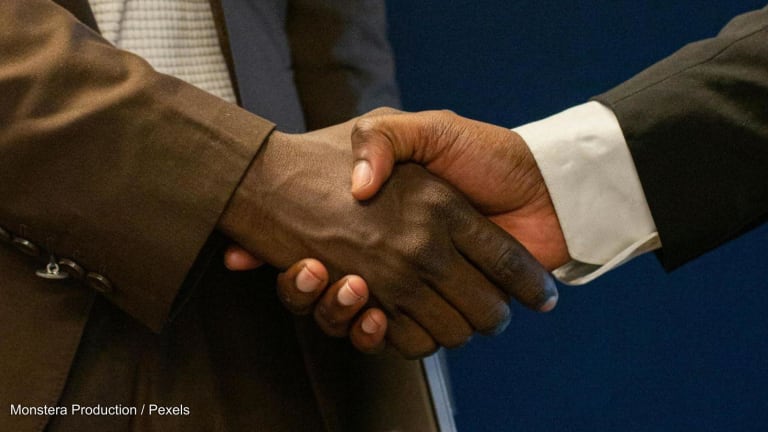
Providing development assistance to Pakistan is as challenging as ever, complicated by a lack of information, communication and coordination, as well as continuing security concerns, a lack of local capacity and overwhelming need.
Brian Kelly, head of the Emergency and Stabilization Programming Department at MRF in Islamabad, spent a good deal of time Tuesday (Sept. 28) during a presentation at the Business Civic Leadership Council’s 2010 Global Corporate Citizenship Conference in Washington explaining current challenges facing aid workers in the flood-ravaged nation.
“It’s very hard because we don’t have the information. Things are constantly changing,” he said. “Our biggest challenge is simply identifying what needs there are. Even if we had money we couldn’t provide shelter within the next thirty days.”
Sifting through media reports to identify real-time aid missions takes time, but it often essential to avoid needlessly throwing money and products at a problem, Kelly noted. Key to maintaining successful operations, he said, is gathering information and identifying creditable partners on the ground.
“While we are in week eight of dealing with floods in the north, we are in day four of dealing with the earthquake in the south,” Kelly said. “People’s mind set is that we should be past relief and moving towards recovery, but we need to focus on both at the same time in Pakistan.”
Kelly also discussed cultural preventing accurate information from reaching Pakistan relief organizations.
“Right now we need to prioritize what information we need. We need to break through cultural barriers and begin identifying families where a female is the head of the household, where there are elderly family members and sick family members who need help,” Kelly explained.
Kelly highlighted Pakistan’s infrastructure as a certain candidate for improvement, noting that once the number of tents and shelters needed to house flood victims is identified, figuring out how to deliver the goods will pose a crucial challenge.
“If we need enough bamboo for a million homes we need to find that bamboo. We need to fix the roads so the bamboo can be delivered, and we need to make sure it is delivered to the right people and places,” he said. “So the first step is gathering the information, the second is using basic supply chain economic principles to deliver the goods to those who need them. It’s just like running a business.”
As the conversation wound down Tracy Gerstle, senior technical advisor at CARE, piggybacked on Kelly’s comments. Gerstle explained that business supply chain principles along with fundamental information gathering are the critical first steps to helping address major health concerns having to do with female health and child raising in Pakistan and elsewhere.




